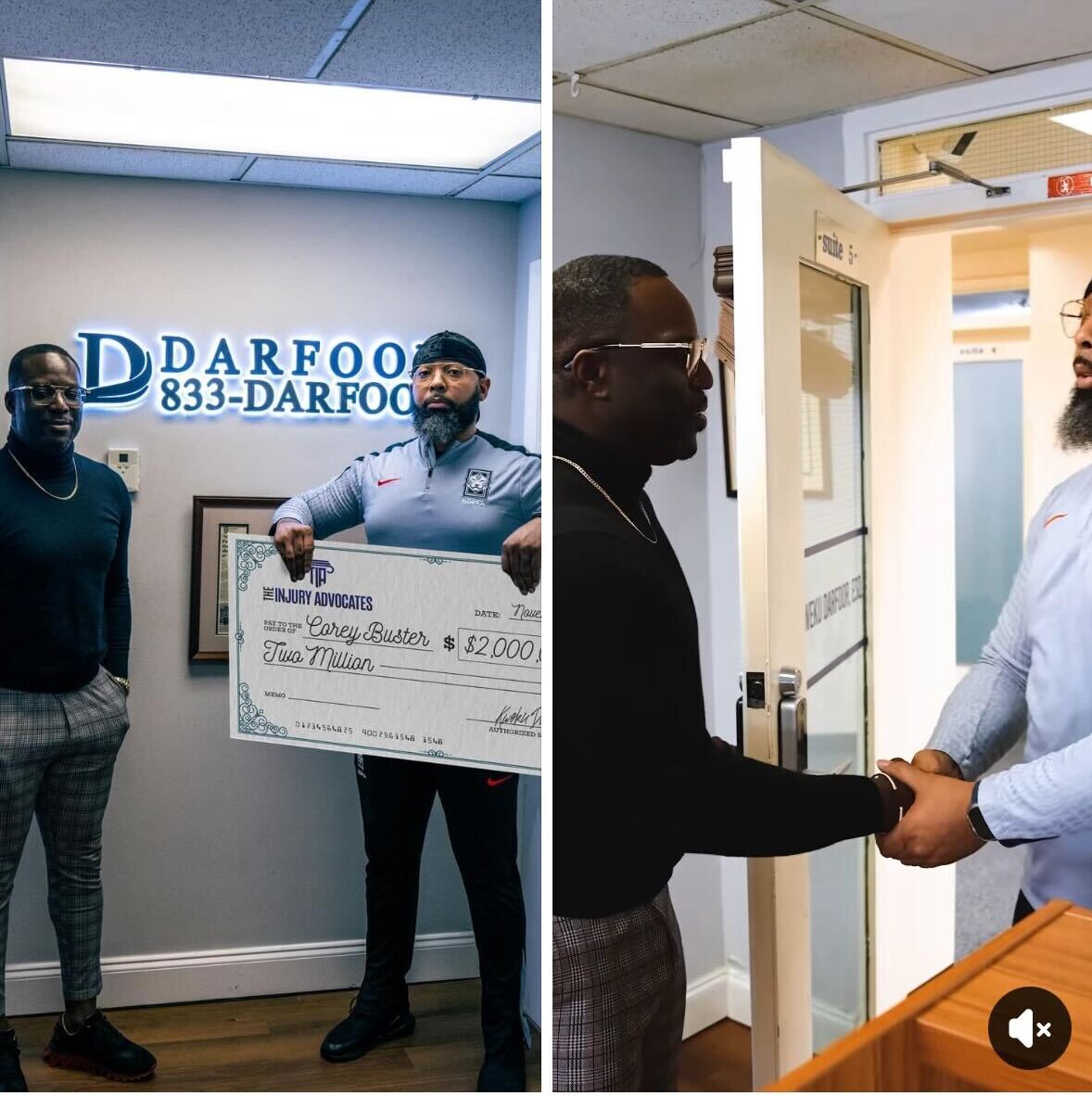Introduction
In its recent decision in the case of Felix Klomega v The Attorney General and others, the Supreme Court in Ghana has provided much needed guidance to the international community when looking to contract with the Ghanaian government or government entities.
The facts
The claimant, a citizen and tax payer of Ghana, brought proceedings in the Supreme Court challenging the constitutional validity of a concession agreement and an associated shareholders agreement for the design, construction and, thereafter, operation of the container terminal at the port of Tema, Ghana for 20 years.
The concession was granted to Meridian Port Services Limited (MPS) by the Ghana Ports and Harbours Authority (GPHA).
MPS is a Ghanaian company, being a joint venture between Meridian Port Holdings Limited (MPH) and the GPHA, with MPH being the majority shareholder.
MPH is an English company, being a joint venture between leading container terminal operators APM Terminals and Bolloré Africa Logistics.
The GPHA is a statutory corporation established under the Ghana Ports and Harbours Authority Act, 1986 (PNDCL 160).
The GPHA, MPS and MPH were named as defendants in the proceedings, along with the Attorney General of Ghana.
The issues in the case
The claimant relied on article 181(5) of the 1992 Constitution of Ghana (the Constitution), which requires any “international business or economic transaction” to which the government is a party be authorised by parliament.
The claimant’s contention was that the expression “government” included a state entity such as the GPHA and that, as a result, the concession and shareholders’ agreements should be declared null and void for want of parliamentary authorisation.
The defendants’ principal arguments were that the GPHA could not be included within the definition of government because (i) it had been set up as a separate legal entity from central government under PNDCL 160; (ii) its operations were commercial in nature and did not, therefore, require parliamentary approval; and (iii) it is a government agency as distinct from an organ of government.
If, contrary to the position of the GPHA, MPS and MPH, the GPHA was deemed to be within the definition of government, the court was asked to determine whether the concession agreement and the shareholders’ agreement were, in any event, “international business or economic transactions” for the purposes of article 181(5) of the Constitution.
The Supreme Court’s decision
On 19 July 2013, the nine Justices of the Supreme Court delivered a unanimous decision dismissing the claimant’s action.
In doing so, the court only decided the principal issue as to whether the GPHA came within the meaning of government, and held that:
The cumulative points made by the defendants above amount to an irresistible case that in the context of article 181(5) and the facts of this case, the 2nd defendant [the GPHA] is not to be regarded as coming within the meaning of “Government”.
The Supreme Court went on to hold that:
“…to subject statutory corporations…” with commercial functions to the Parliamentary approval process prescribed in article 181(5) would probably increase the weight of Parliament’s responsibilities in this regard to an unsustainable level. Accordingly, it is reasonable to infer that the framers of the 1992 Constitution did not intend such a result.
In the court’s view, government should mean, ordinarily, the central government and not operationally autonomous agencies of government, and interpreting that word purposively it should exclude the operations of the GPHA.
The Supreme Court did, however, state that its decision did not lay down an absolute rule. For instance, article 181(5) may still apply on the particular facts of a case if central government was found to have made a particular statutory corporation its alter ego.
As to the “international” nature of the concession and shareholders agreements, the court stated that:
Although these other issues raised by the parties are tantalizingly interesting, we will refrain from commenting on them or deciding them, since that is not necessary for the determination of this case.
Concluding remarks
This is the fifth time the Supreme Court has been asked to interpret article 181(5) of the Constitution.
In the light of this significant body of law, in this last case the court stated that it has laid the foundation for determining the provision’s meaning with some predictability.
So, in the future, if there is an issue as to whether article 181(5) applies or not, parties must ask the High Court to decide the point rather requesting an interpretation from the Supreme Court. This would include dealing with issues such as whether a contract is with the “government” and, if so, whether it is an “international business or economic transaction” such that parliamentary approval is required.
When contracting with the Ghanaian government or government entities, it is vital that contracting entities give due consideration and take legal advice as to the possible application of article 181(5). A failure to do so could have significant ramifications.
If the conclusion is that a party is going to be contracting with the “government” and the contract in question is an “international business or economic transaction”, parliamentary approval will be required. If so, this requirement will need to be factored into the timeline leading to contract closing.












